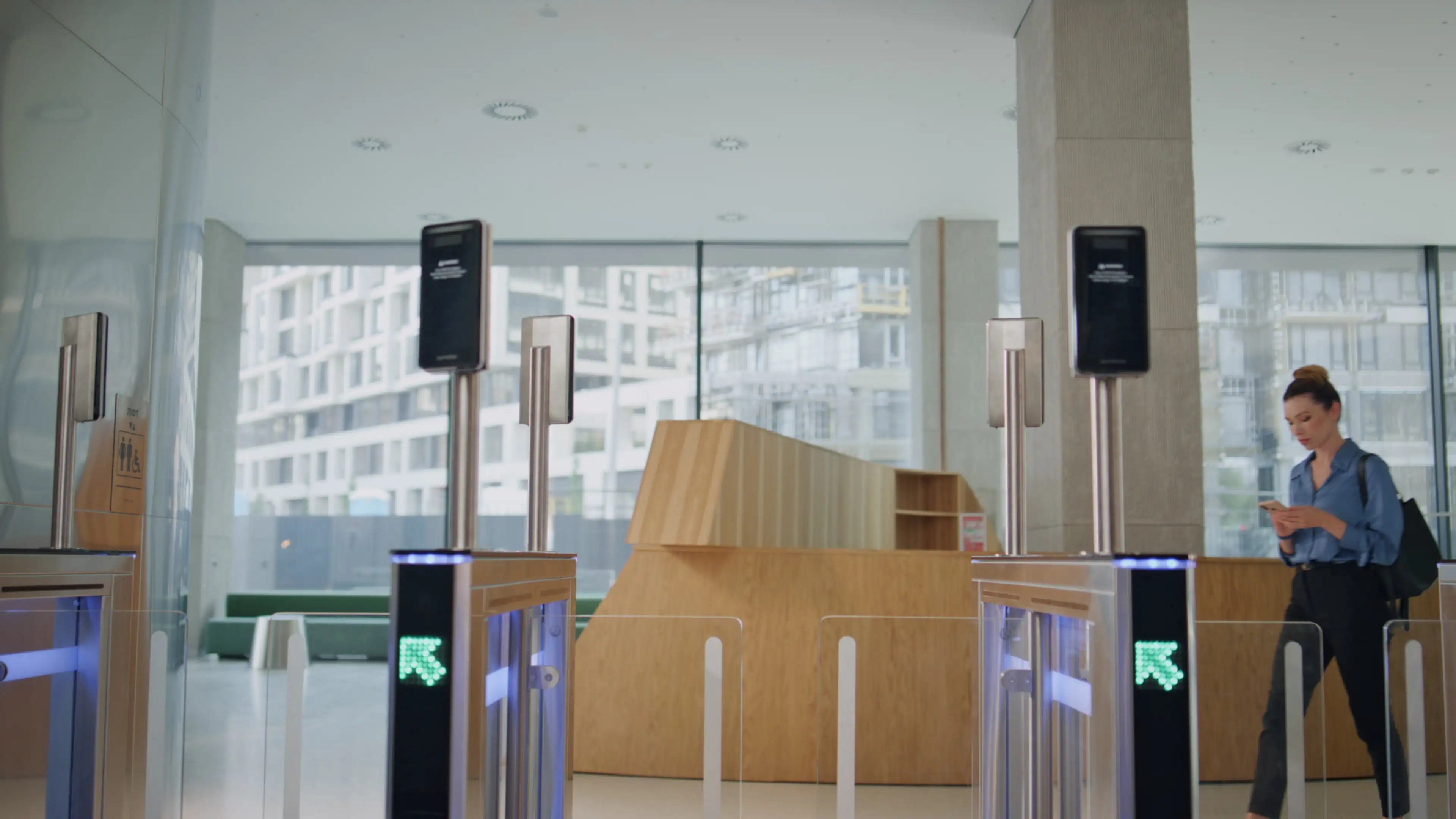
Confidential Audio Systems for Juries: Enhancing Privacy and Security in Deliberation Rooms
In the legal system, where every word counts and confidentiality is paramount, the role of confidential audio systems for juries cannot be overstated. Jurors must be able to deliberate openly, without concern that their conversations are being overheard or recorded without authorization. As courts modernize their facilities, audio privacy solutions are becoming foundational elements in ensuring both the integrity of verdict discussions and the confidence of the jurors themselves.
Today’s audio systems are more than just tools for playback and communication—they’re essential guardians of privacy in a high-stakes environment.
The Necessity of Privacy in Jury Deliberations
Juror discussions involve sensitive analysis of evidence, testimonies, and legal arguments. If jurors feel they are being monitored or that their discussions may leak beyond the room, it can compromise the fairness of the deliberation process. That’s why modern courtrooms are investing in advanced audio technologies that prioritize discretion and security.
Confidential audio systems for juries are specifically engineered to provide high-fidelity sound within the room while minimizing sound leakage. These systems ensure that jurors can speak freely, clearly hear each other, and deliberate without distraction—all while maintaining total confidentiality from external eavesdropping or interference.
Advanced Audio Technologies That Protect Deliberations
Confidential audio systems go beyond standard AV setups. They incorporate elements like sound masking, directional speakers, and acoustic treatments that prevent conversations from being heard outside jury rooms. Sound masking technology, for example, emits low-level ambient noise that makes it impossible to distinguish specific voices or content from outside the space.
Directional audio systems ensure that sound is confined to a specific area, allowing for clear internal discussion without spilling into adjacent spaces. Acoustic paneling is also used to absorb and redirect sound, reinforcing privacy without sacrificing clarity.
These technologies are increasingly found in modern court facilities where privacy is treated as a requirement, not an optional upgrade.
Integration Challenges and Solutions
Incorporating confidential audio systems for juries can be complex, especially in older courthouses or retrofitted facilities. It’s not only about installing the right equipment but about designing a space where that equipment functions optimally. Acoustic modeling, wiring considerations, and building materials all play a role in the effectiveness of the system.
CTI’s confidential audio solutions address these challenges with a tailored approach to AV design. Their team works directly with court administrators and facility planners to assess architectural constraints, select optimal equipment, and ensure seamless integration with existing courtroom technology. To explore how CTI designs secure AV environments for juror privacy, visit CTI’s confidential audio systems for juries page and discover their custom solutions.
The Broader AV Industry Perspective
The importance of confidential communication systems isn’t limited to the legal field. In fact, AVNation recently published an article exploring how AV technology is evolving to meet rising privacy demands, particularly in secure environments like courtrooms and government buildings. These insights reinforce the critical nature of robust, secure audio setups in any setting where discretion is vital.
The jury room, as the final point of verdict discussion, must remain among the most secure spaces in a courthouse. The technologies that power these spaces must therefore meet a higher standard of trust.
Juror Confidence and Legal Integrity
Privacy in jury rooms isn’t just about compliance. It’s about creating an environment where jurors can do their work confidently, free from concerns about being overheard or recorded. This trust in the process directly impacts the effectiveness and fairness of the justice system.
Confidential audio systems support that trust. By eliminating distractions, ensuring clarity, and protecting privacy, they empower jurors to fulfill their civic duty effectively. These systems create the conditions for honest dialogue and thorough examination—essentials for reaching just verdicts.
What’s Next for Jury Room Audio Privacy
Looking forward, we can expect continued innovation in this space. Emerging technologies such as AI-driven sound detection and automated monitoring for audio leaks could soon become standard features in deliberation room systems. At the same time, integration with broader courtroom AV networks will likely enhance both security and usability.
Court systems that plan ahead by investing in scalable, future-ready audio solutions will be best positioned to adapt as expectations around privacy and compliance evolve. Working with experienced AV integrators who understand the legal environment is key.
To learn more about enhancing privacy in your courthouse deliberation rooms, contact CTI or visit CTI’s confidential audio systems for juries page for expert solutions designed specifically for courtroom needs.
Talk to Us About Your Project
Too busy to chat right now?
Send us a message.
